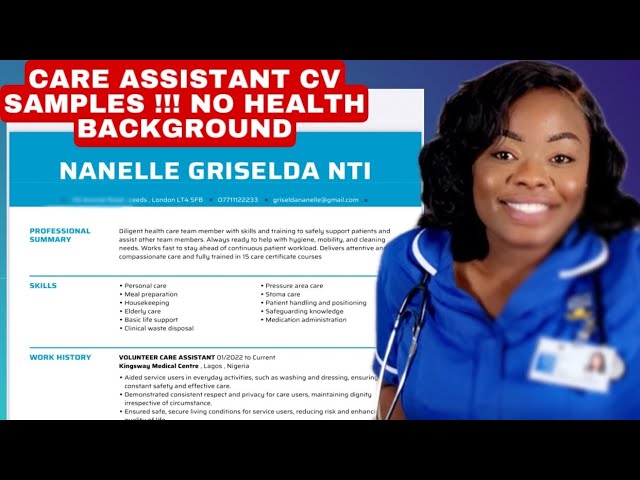
Career advice is a form of support given to a client about changing direction in their lives. It's also helpful for people who are trying to make a career change or are facing other life changes. The advice provided by career counselors is based on personal experiences and is tailored to meet individual needs. They can help people find the right job or learn about different career options.
Coaching
These are the things to consider when hiring a career coach. A career coach should be able to communicate effectively with clients and understand the challenges they face. Also, a career coach needs to be able and willing to work with stubborn candidates, particularly senior executives.
Work with a career coach to help you assess your situation, and determine the best next steps. This can lead to more success and quicker results.

Find a mentor
Mentoring can help you find career advice. Mentors can not only help you gain valuable career advice from experienced professionals but they can also provide access to your network of contacts. Whether that's across industries or within a specific company, a mentor can be a valuable resource for your career development. It is best to get in touch with a mentor to begin your search. Once you have established contact with them, set up an in person meeting.
Your college's alumni network can also be reached. These networks will often have members of the industry you want to be a part of. LinkedIn allows you to find mentors even if you don’t know anyone in the field. Ask questions of people in your field. You can establish a mentoring relationship by asking questions.
Invest in your professional development
Investing in professional development is an important step for employers. It improves your chances of recruiting top talent. More than 60 percent said having access professional development opportunities is very important when selecting a job. Employers that offer career development opportunities help employees feel valued.
You can increase your marketability by investing in professional training. Be clear about your goals before you invest time in professional training. You should make a realistic plan based on your research.

Accepting what happens
In career advice, it is important to embrace the unexpected and pursue interests that are not in line with your current goals. People can take advantage of serendipity and build a solid foundation for their career by being open-minded and open to new possibilities. Being open to the possibility of happening can give you valuable skills that will make it easier to succeed in today's highly competitive world.
Mitchell, Levin, Krumboltz introduced the theory of planned chance in 1999. This theory focuses on the importance of chance events and unplanned events in career development. Planned chance states that people have the ability to create their own career opportunities by "planning ahead for the unexpected". Although it is often ignored by career advisors, it can be a useful tool for career generation.